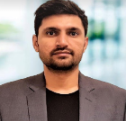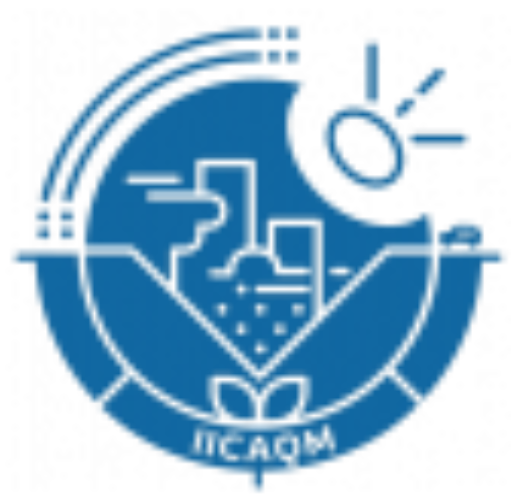Title: “Urban air pollution monitoring using drone mounted particulate matter sensor.”
Abstract
Delhi is considered as one of the most polluted cities around the world. Previous studies have reported use of ground-based low-cost sensor (LCS) network over Delhi. However, there is still a significant knowledge gap regarding vertical information of air pollutants over Delhi. Therefore, an airborne campaign using LCS on-board drone was conducted at Delhi to provide vertical distribution of particulate matter (PM) during post-winter season from March 12-23, 2021. The drone carried a payload comprising of PM-LCS along with meteorological sensors for PM mass
concentrations, temperature and humidity measurements. A custom designed inlet set-up and a dehumidification unit was used in order to minimize the effect of rotor downwash and humidity on particle mass concentration respectively. The LCS performance comparison revealed higher correlation when compared against the reference instrument at ground. Multiple sensitivity tests were performed to evaluate the LCS performance while the drone was airborne. The results indicate that incorporating LCS into innovative platforms is feasible, potentially offering
detailed data in vertical dimension. The LCS set-up also revealed a low-level haze in the early morning, which the WRF-Chem model was unable to predict due to several inherent limitations.
About the Speaker

In 2019, I was awarded a Doctor of Philosophy (Ph.D.) degree in atmospheric aerosol instrumentation from the CSIR-National Physical Laboratory in Delhi, India. I then undertook postdoctoral research for approximately six years at the Leibniz Institute for Tropospheric Research (TROPOS) in Leipzig, Germany. During this period, I made a significant contribution to the advancement of air pollution monitoring through both ground-based and airborne observational campaigns. I am currently employed as an Assistant Professor in the Department of Geoscience and Remote Sensing at Delft University of Technology (TU Delft), Delft, Netherlands. My research is focused on the utilization of advanced innovative methodologies for the measurement of urban air pollution. I employ state-of-the-art technologies, including drones, low-cost sensor networks, artificial intelligence, machine learning algorithms, and miniaturized instrumentation, to enhance the scientific understanding of urban atmospheric processes and environmental challenges. My research emphasizes the investigation of air pollution dynamics in urban settings, particularly the mechanisms behind the formation of atmospheric phenomena such as haze and fog.
![]()
